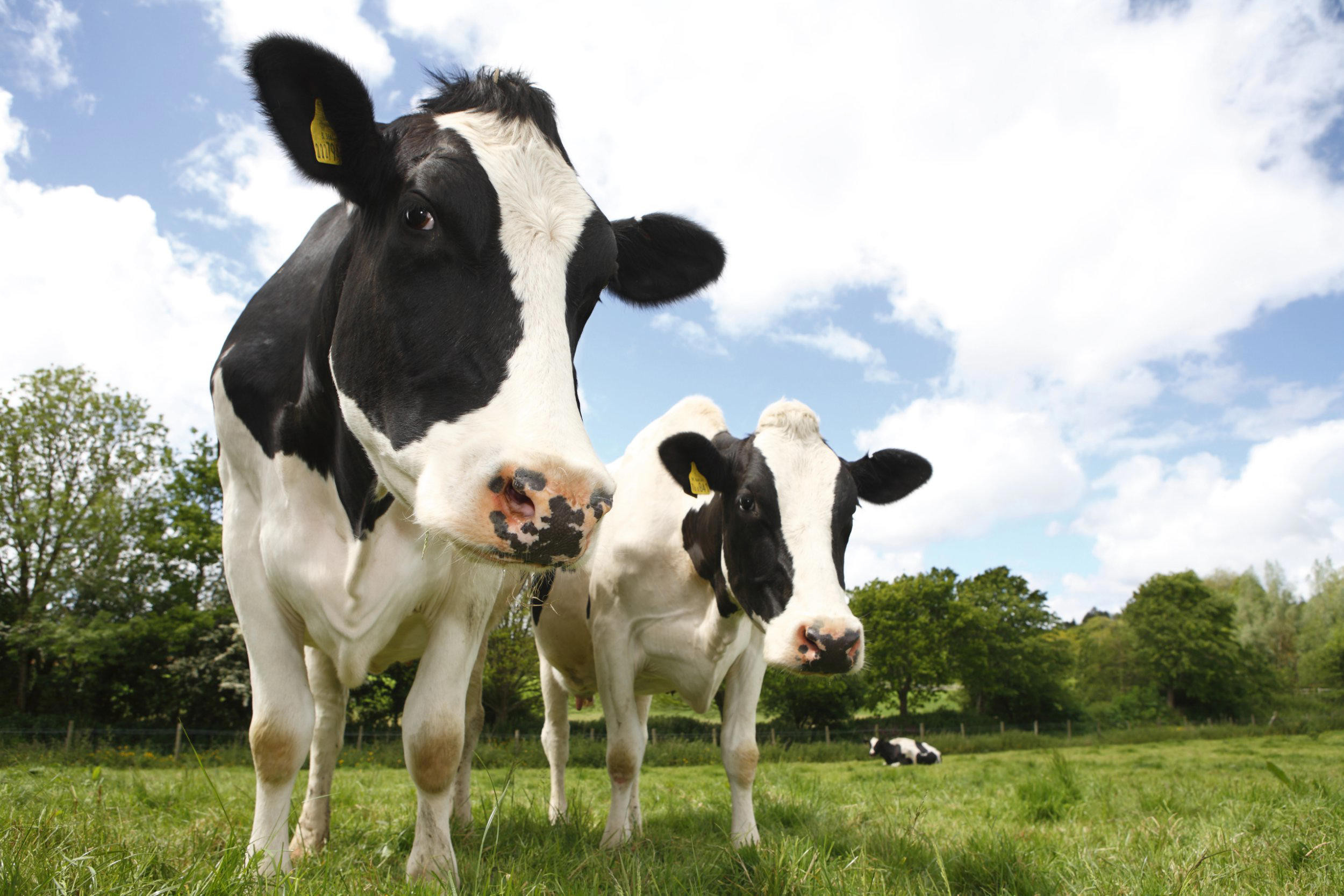A virus that can impact sheep and cows has been detected at a farm in Norfolk - the first case this summer.
Bluetongue - which is not dangerous to humans but could affect livestock - has been found in a sheep near Haddiscoe in south Norfolk.
It is the first animal in England to show symptoms of the virus this season, the UK's deputy chief veterinary officer confirmed.
Between November 2023 and March 2024 there were 126 cases in the UK, centred around Norfolk, Suffolk, Essex and Kent.
The spring and summer are seen as the more active seasons for the virus because of the prevalence of midges, and the case in south Norfolk is the first of the summer.
Also called BTV3, the virus can reduce milk yield for some animals, and can be fatal - although some animals have no symptoms.
It does not affect people, and meat and milk from infected livestock are safe to eat and drink.
The virus is mainly transmitted by midge bites and affects cattle, goats, sheep, deer, llamas and alpacas.
The Animal and Plant Health Agency is restricting the movement of animals and their products within 20km of the affected farm.
It is also investigating whether the virus is circulating in the UK. Cases are already rising in northern Europe.
Warmer weather and midge activity means the virus can spread easily.
Bluetongue: A Rising Threat Across Europe
The recent detection of bluetongue in Norfolk comes amid a broader concern about the virus's spread across Europe. A rapid increase in cases has been observed in countries like the Netherlands and Germany, with new cases also reported in France, Luxembourg, and Denmark.
This alarming trend has put the UK at a greater risk of infection, as infected biting midges can be blown over from mainland Europe.
Government Response: Vigilance and Control Measures
Following the confirmation of the first case in Norfolk, the government has implemented a 20km temporary control zone (TCZ) around the affected farm to restrict the movement of susceptible animals and their products. The aim is to minimize the risk of further transmission.
Farmers are being urged to remain vigilant for any signs of the disease in their animals and report any suspicions to the Animal and Plant Health Agency (APHA). Free testing is available for animals moving from and to the highest risk counties.
A Warning For Livestock Owners
UK deputy chief veterinary officer Ele Brown emphasized the importance of vigilance, stating: "Farmers should check their animals frequently and report any suspicions to the Animal and Plant Health Agency."
The National Farmers' Union (NFU) president, Tom Bradshaw, echoed this call, saying: "This is a worrying development. We urge all livestock keepers to remain vigilant for any signs of clinical disease and to report any concerns quickly to their vet or APHA."
The NFU is working closely with Defra and APHA to understand the rules and situation around movement restrictions, licensing requirements, and surveillance.
Looking Ahead: The Challenge of Prevention
The detection of bluetongue in Norfolk serves as a stark reminder of the vulnerability of the UK's livestock industry to imported diseases. The government and farmers alike will need to remain vigilant and proactive in their efforts to prevent further spread of the virus.
The focus will be on continued surveillance, early detection, and appropriate control measures to protect the health of livestock and minimize economic disruption. While the virus poses no threat to human health, its potential impact on the agricultural sector should not be underestimated.


















